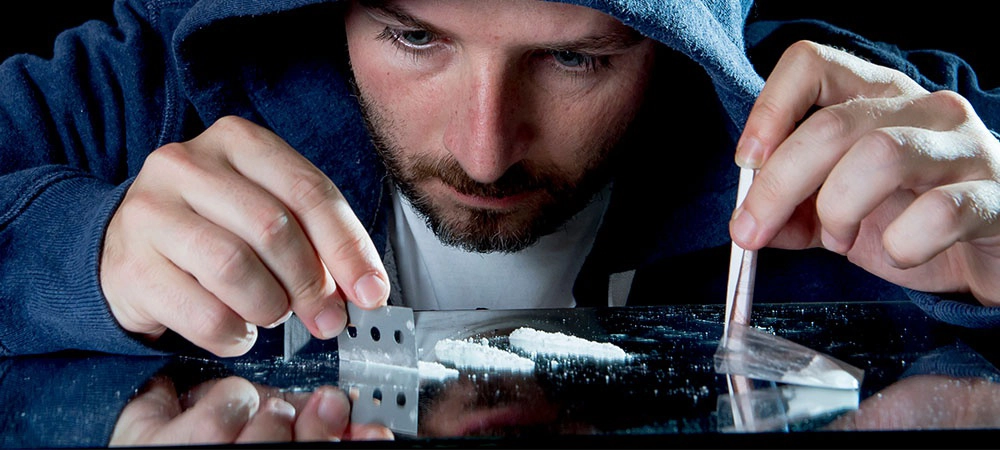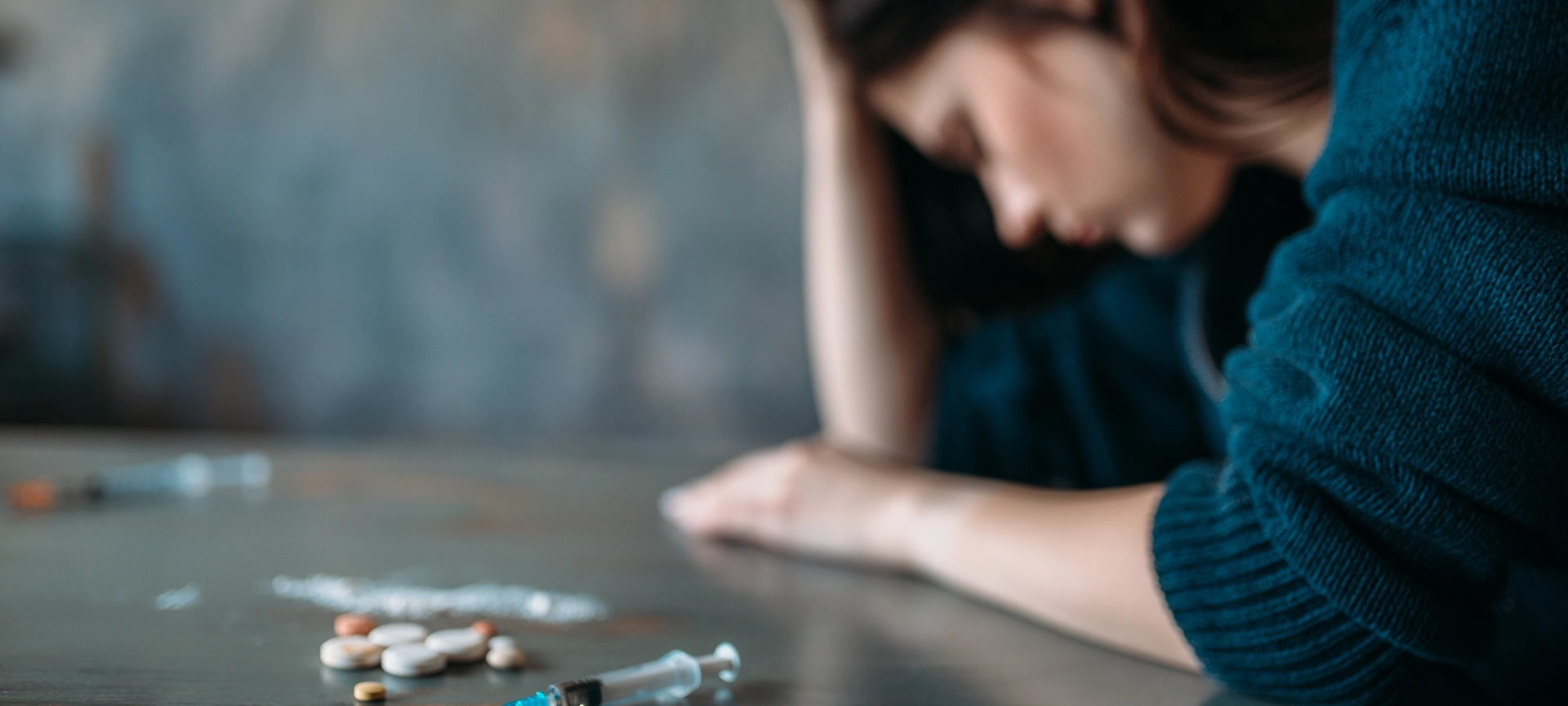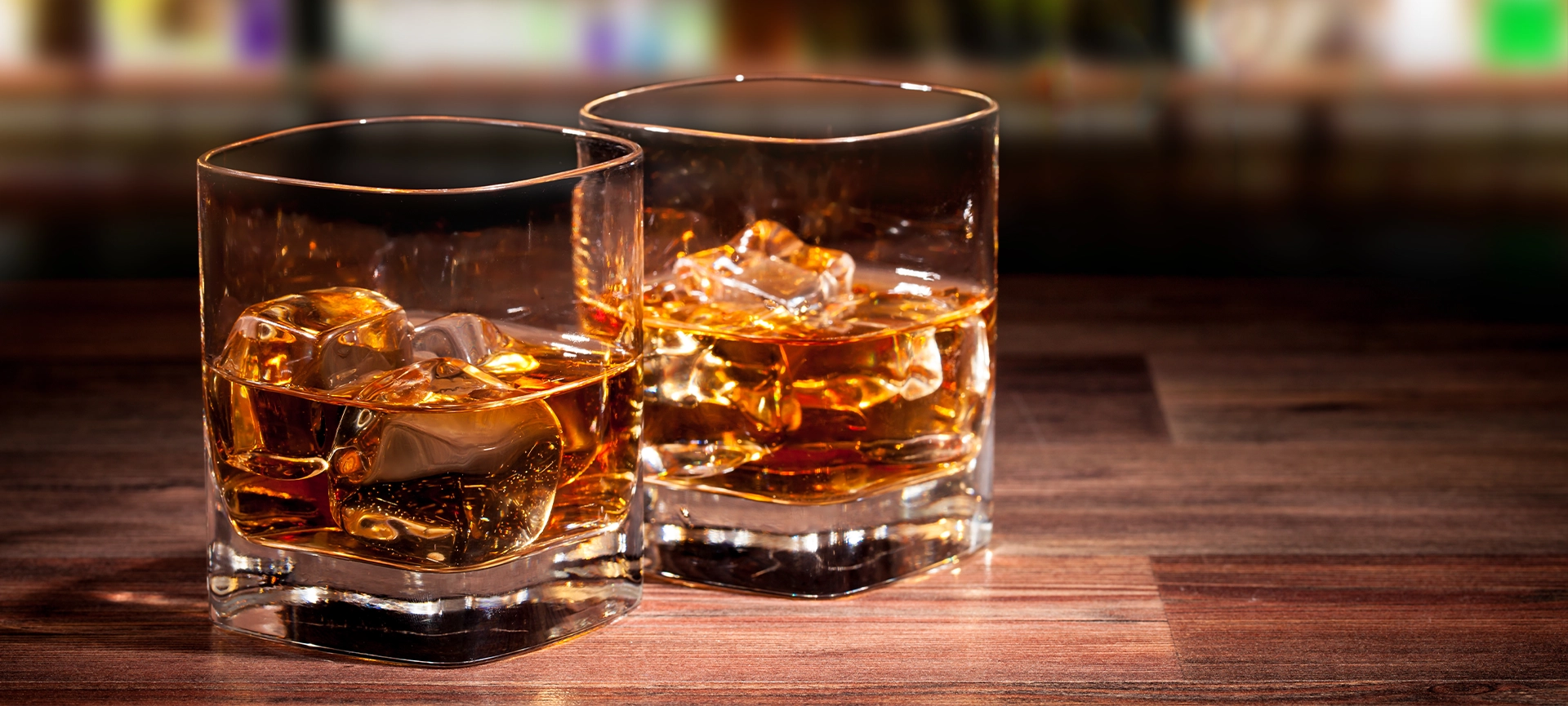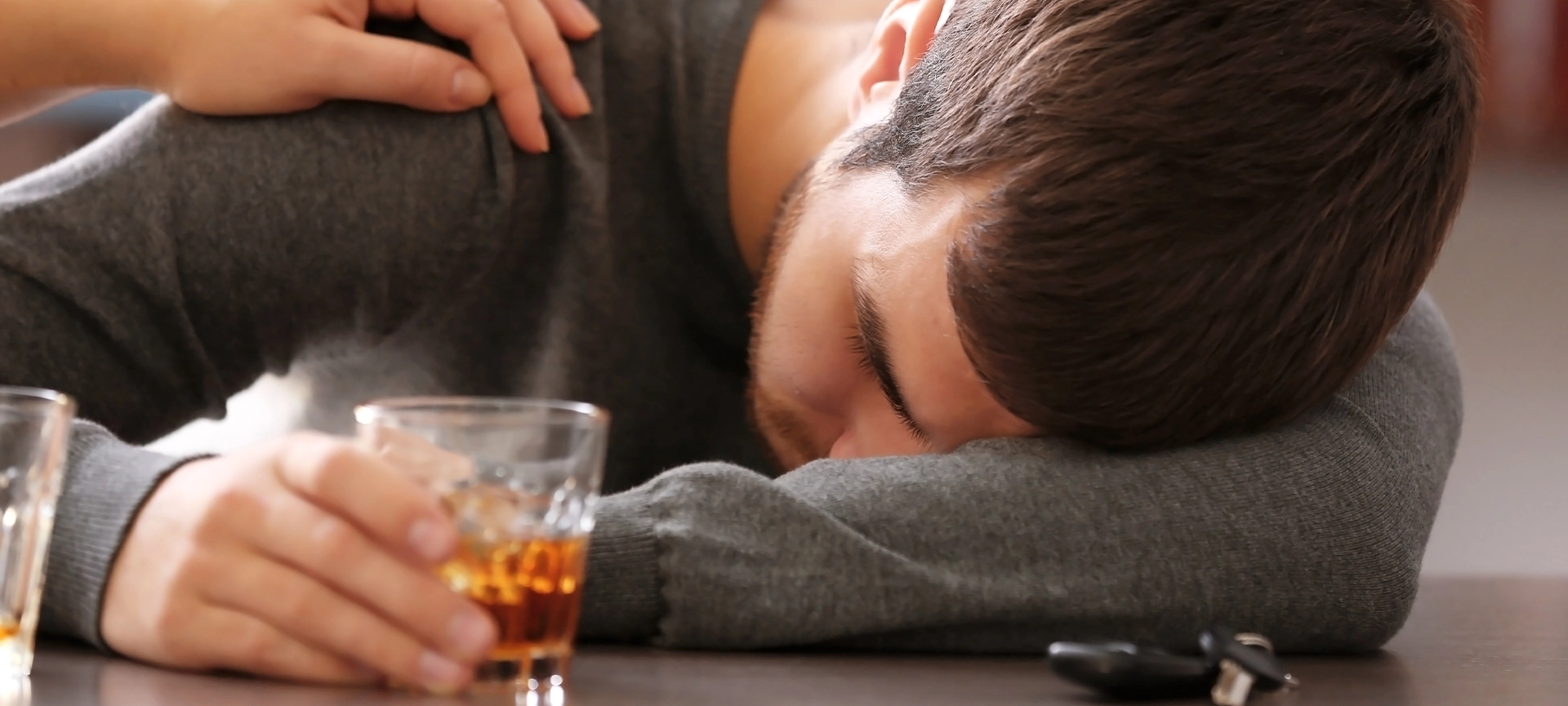What are the Stages of Addiction? Toronto
Understanding the cycle of addiction is the easier part, actually breaking the cycle of your addiction is the tough part.
There are 6 stages in the cycle of addiction:
- Initial Use
- Abuse
- Tolerance
- Dependence
- Addiction
- Relapse
Initial Use
There are many reasons and motivations why someone may use drugs, alcohol, or other substances for the first time. It only takes one time, one try, to get on the road to addiction. You could be introduced at a party, peer pressure, prescriptions, family history, and more. The motivations to use and abuse drugs and other substances could be managing pain or escaping everyday life. The reasons are endless, and this is all it takes to become an individual who struggles with addiction. When you use and experience the effects of drugs for the first time, an individual may feel and enjoy those euphoric effects which increase their likelihood of chasing that feeling again. Thus leading to the next stage.
Abuse
The next stage is abuse. Once an individual hits the point where they continue to use and abuse drugs and other substances to maintain that feeling of euphoria to escape their everyday lives and alleviate pain, it is classified as abuse. This abuse occurs on a regular basis, in a matter which is giving them more harm than relief. This could be described as a case where an individual has been prescribed medication for pain, and seek greater relief by increasing their dosage on their own accord. An individual will take higher doses to chase that original feeling which is no longer the same as their initial time using drugs or abusing alcohol. This is the timeline where this is now an addict’s daily routine and is a lifestyle for them. As soon as the point hits where an individual seeks a higher dosage to chase the same feeling, they have increased their tolerance to that substance or alcohol. This leads us to the next stage.

Tolerance
The addict has now reached the stage of their addiction where they have been using and abusing drugs and or alcohol routinely for a considerable time and the neurological response to the substances has adjusted with the usage. This adjustment results in a change to the brain’s tolerance to substances and the brain no longer produces the initial levels of dopamine it once did. Now the person using and abusing drugs and or alcohol may choose to increase how frequently they use and how much to chase the euphoria they now miss because they can not achieve the dopamine release they would like. Over time, the individual’s tolerance to this new increased dosage and frequency leads them to increase the frequency and dosage again. This creates the tolerance loop for heavy drug and alcohol abuse. An addict’s tolerance levels changing can also lead the addict to turn to harder drugs such as cocaine. As a result, this will cause a change in the brain with the loss of chemical receptors which then leads to an individual feeling depressed whenever they are not using and abusing drugs or alcohol.
Dependence
Along the way, an individual’s brain and the rest of their body will become dependent on having the drugs or alcohol in their system for them to function properly throughout the day. This is the time when it is very hard for an individual to find enjoyment in their daily lives without the effects of drugs or alcohol. At the point of dependence, an individual who is addicted can experience withdrawal symptoms if they go without the drugs or alcohol the body now needs to function. When the dependence grows addicts may use more to achieve relief from the withdrawal symptoms, though it makes the symptoms more intense. This leads an individual further into the cycle.
Addiction
Once addiction is reached in the cycle of addiction, it is one of the last stages and the individual realizes that they have a problem of drug or alcohol abuse. At this point, every aspect of an addict’s life is affected by their drug or alcohol addiction. In addition, the individual will:
- Use more drugs or alcohol
- Go through withdrawal symptoms
- Increase their tolerance exponentially
- Using drugs or alcohol in inappropriate or dangerous atmospheres
- Abusing substances when it is causing problems in their relationships
- Abusing substances when it is causing health issues
- Instead of participating in activities, using becomes the activity
If an individual is experiencing these symptoms they indeed are experiencing addiction.
Relapse
Relapse is the last stage of addiction. This can occur after an addict has received intervention and addiction treatment by going to rehab for their drug and alcohol abuse. Relapse can also occur while attempting to get sober as they succumb to the withdrawal symptoms to the point of extreme where they cannot resist seeking out substances to alleviate the pain of withdrawal. Relapsing will lead to a return to the dependent stage in the cycle of addiction and is also the stage where addicts are obstructed from achieving sobriety and long-term recovery.

Why Can’t You Just Stop Using Drugs? Toronto, Ontario
Though there are a handful of addicts who have accomplished sobriety where they decided to stop, many ventures to this have the outcomes of unsuccessful sobriety achievement. When someone goes through the cycle of addiction, their brain will have long-term consequences due to the changes in the brain chemistry caused by drugs and or alcohol. The brain will continue to be experiencing these results long after an individual has achieved sobriety. A big result of the brain’s changes involves the lack of impulse control when it comes to drug use and cravings. This is why relapse is a big worry when striving for sobriety, the changes in the brain make it more likely for an individual to “fall off the wagon”, and is why it makes it next to impossible to just stop using drugs without any additional help, intervention, and support from loved ones and addiction specialists.
…
We at Addiction Rehab Toronto, have the resources and experienced professionals who are here to help you break the cycle of addiction. We will support you after you or your loved one accomplishes our in-patient program for rehabilitation, and will be there for you through your sobriety. Whether you experience a slip or a relapse. Choose the path that leads to a life of sobriety.
At Addiction Rehab Toronto, we can help you with your addiction and every aspect of your addiction. We are will help you on your road to sobriety.
Call us today, we are here to help
FOR IMMEDIATE HELP – CALL US 1-855-787-2424
Or email us at: help@addictionrehabtoronto.ca






